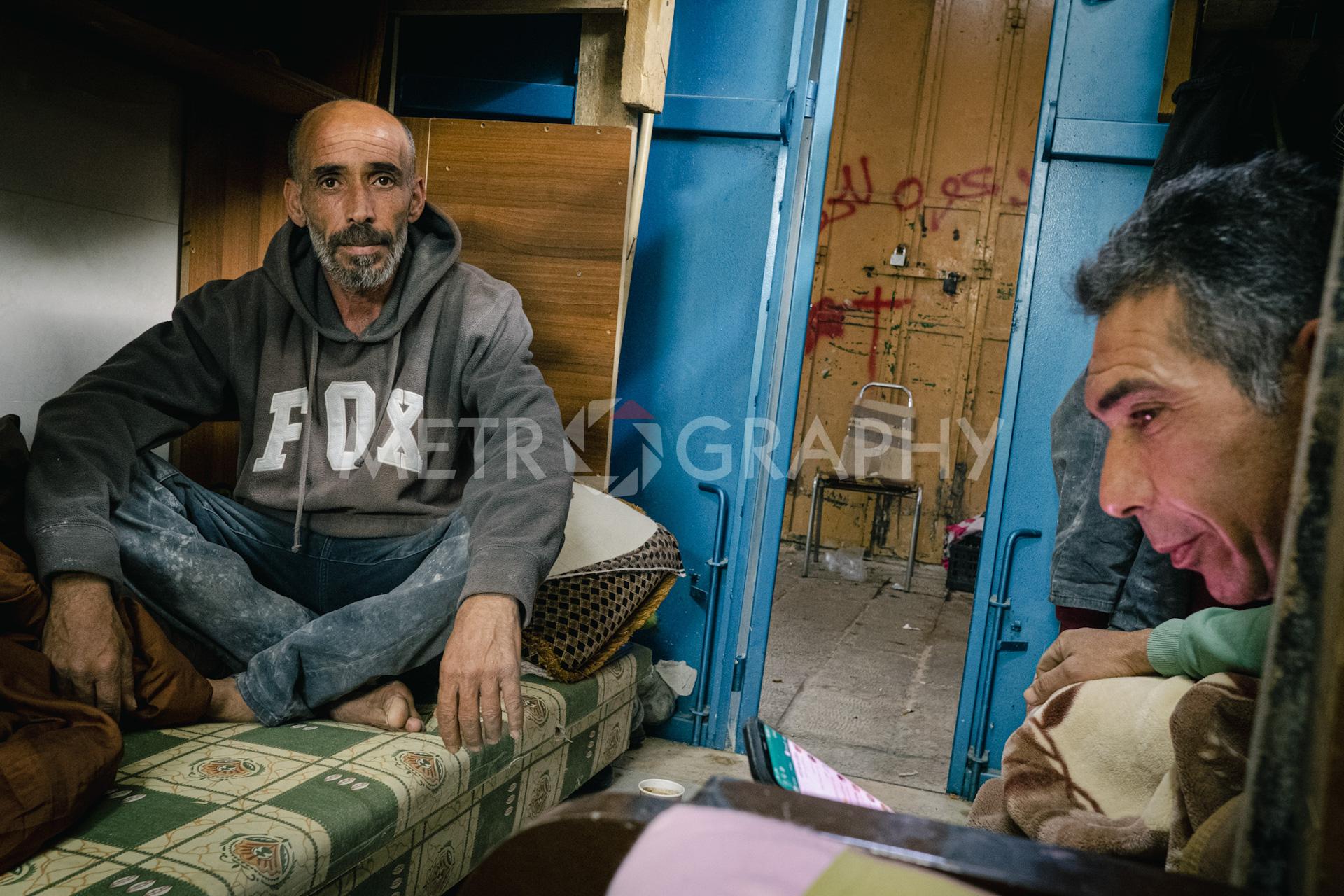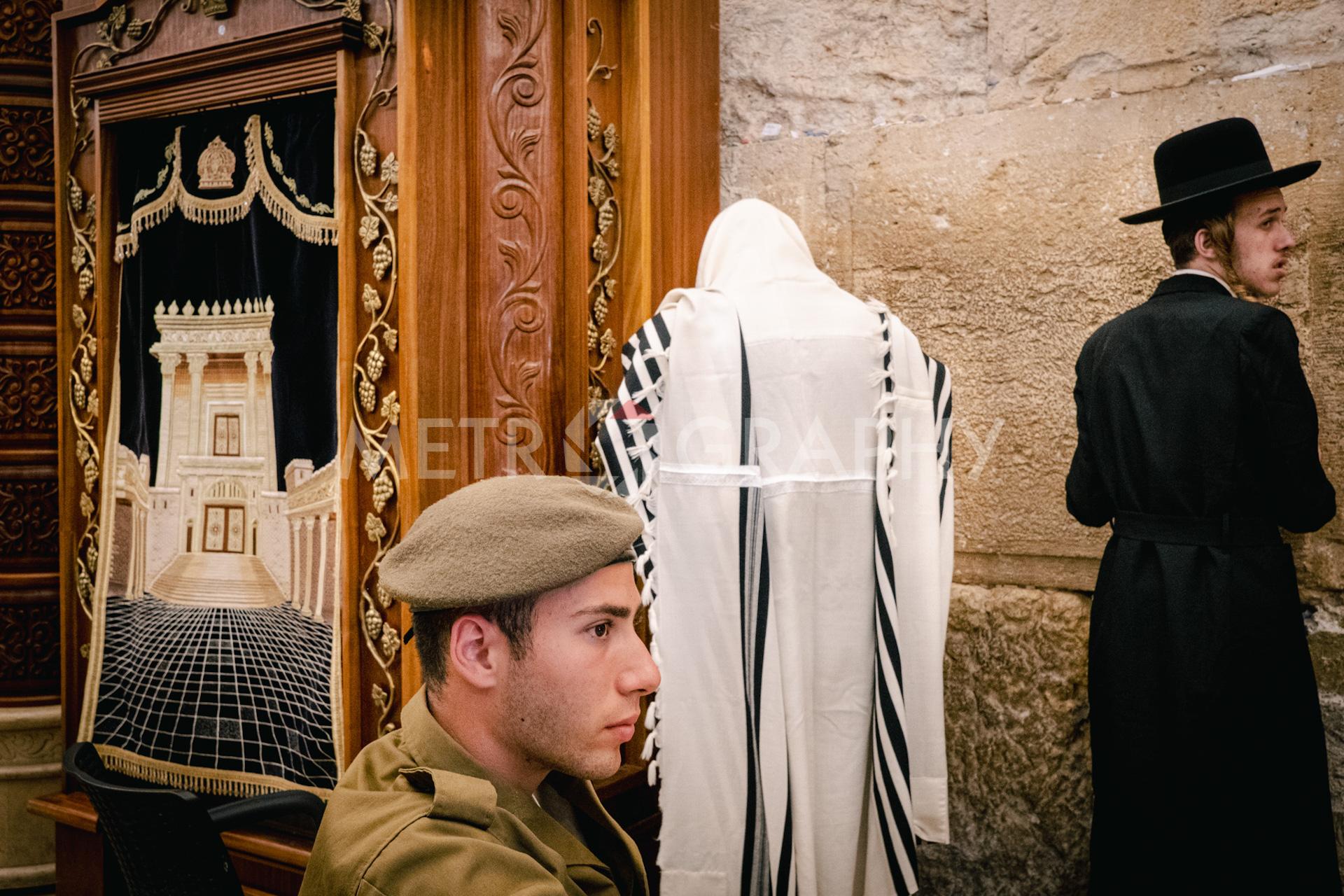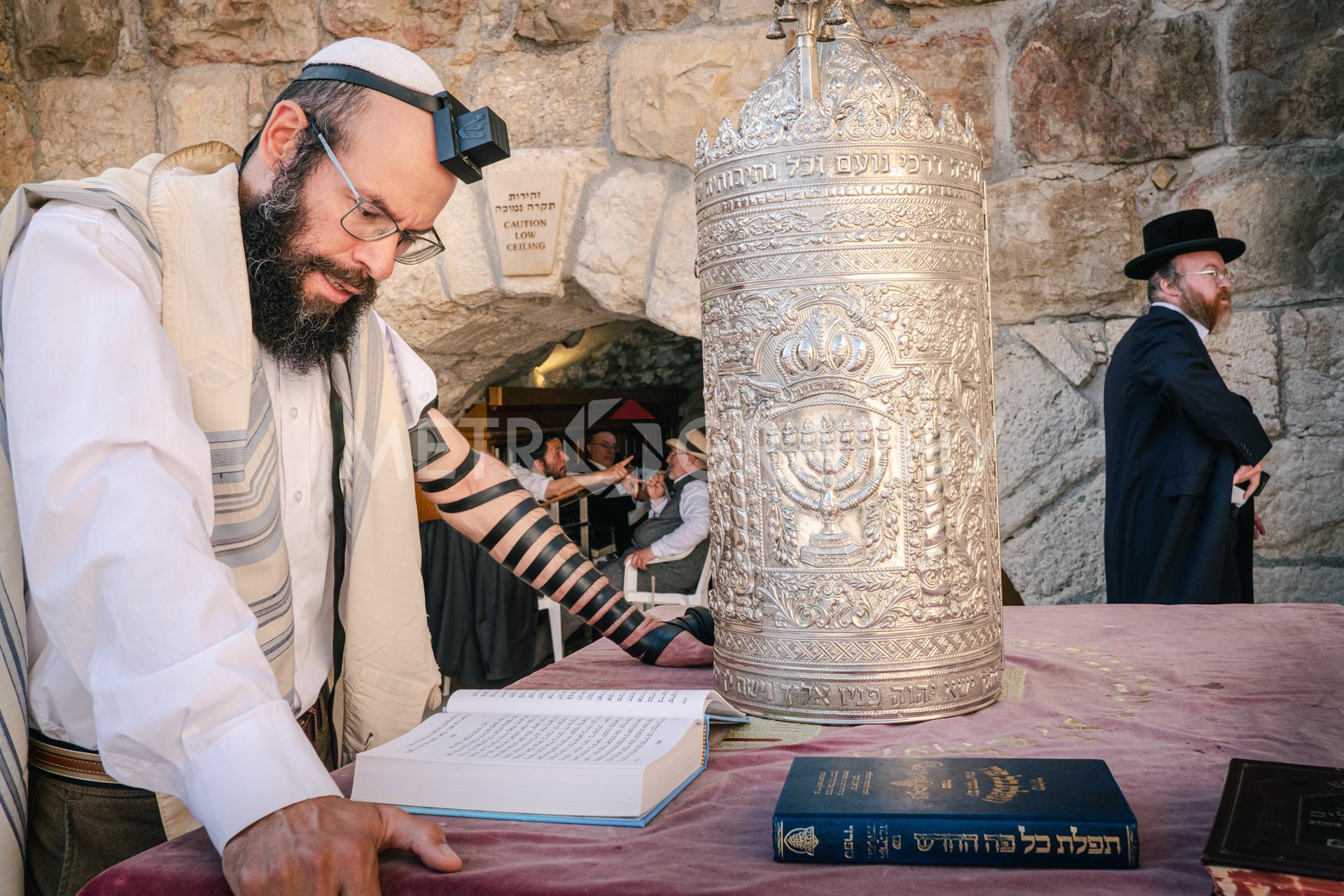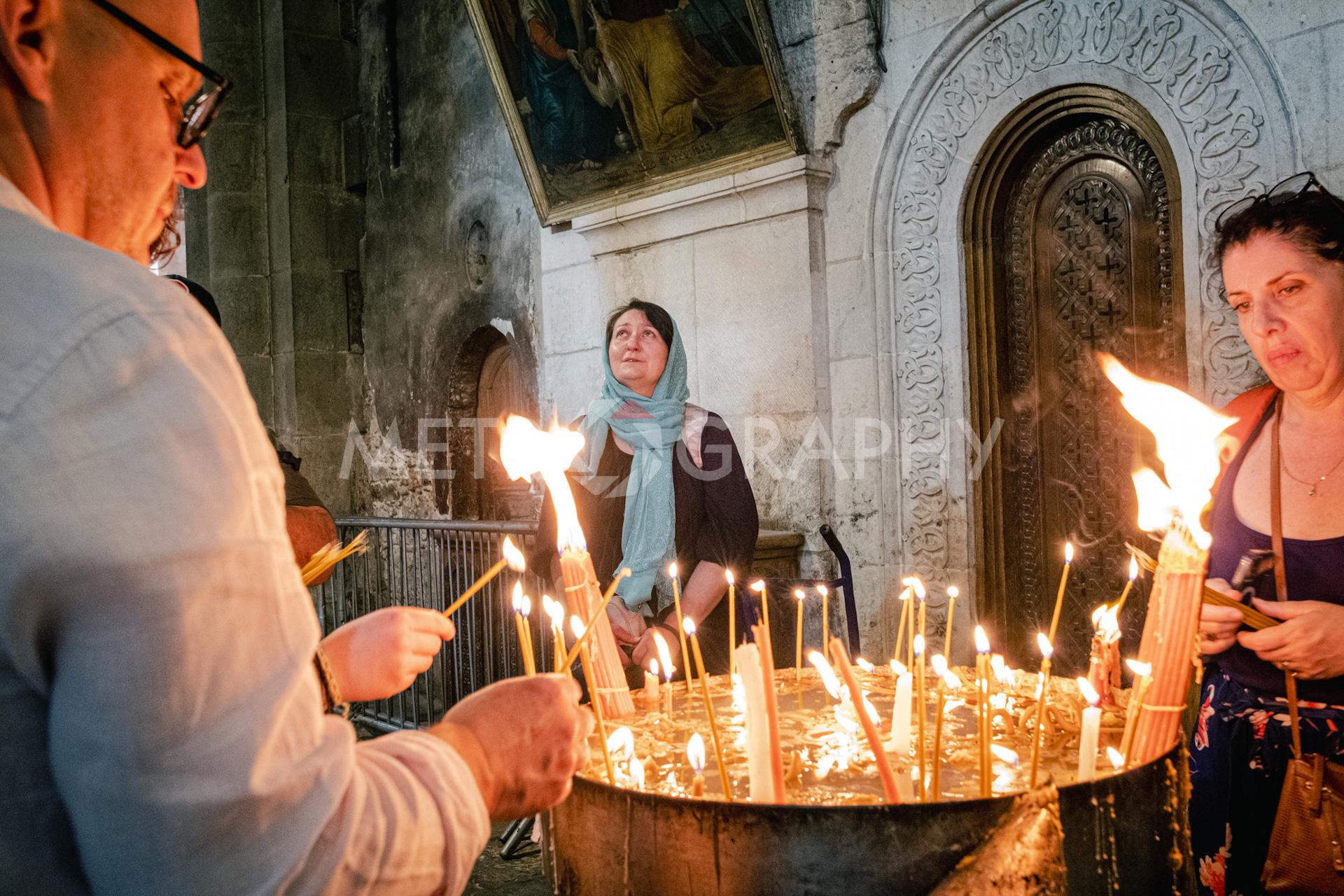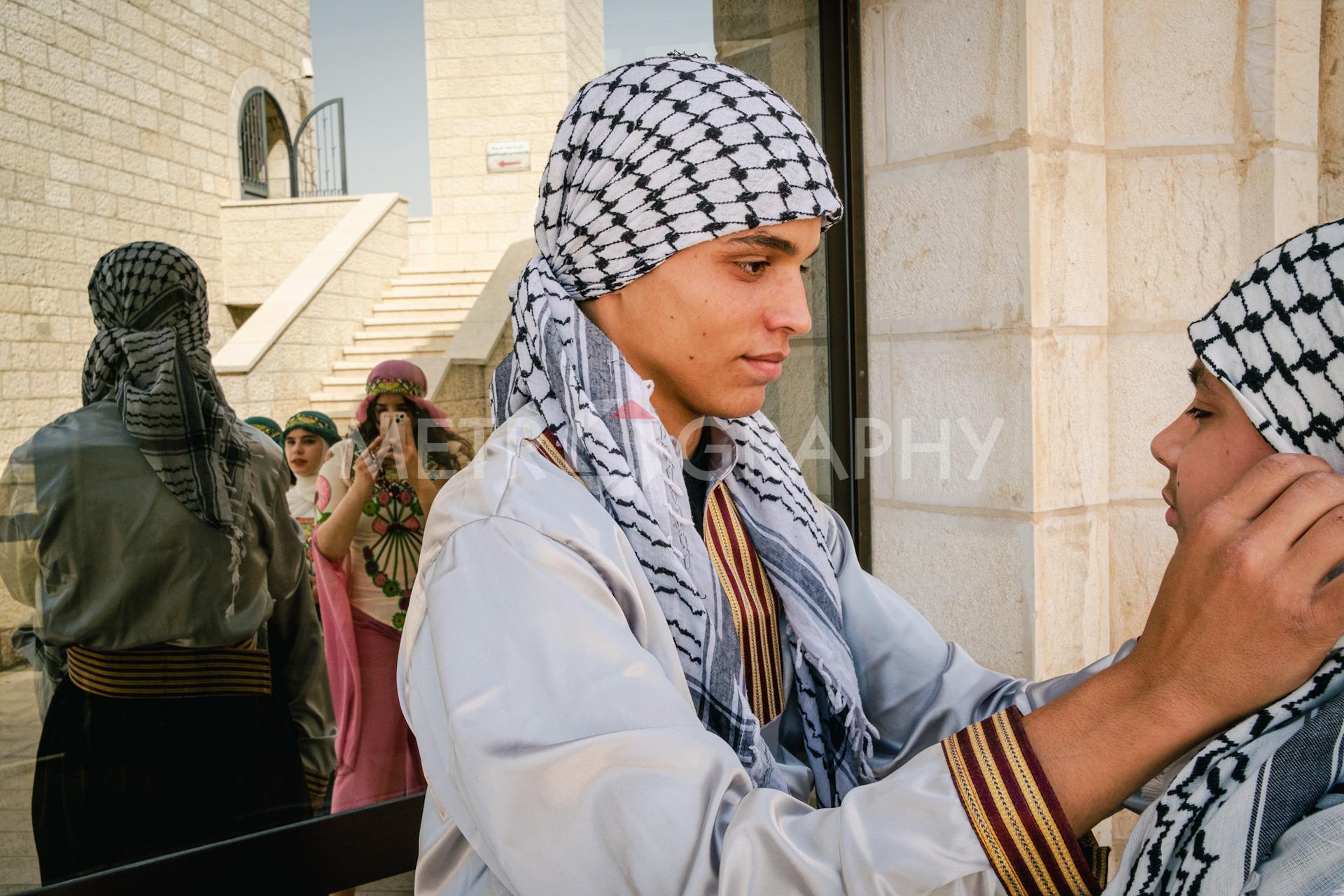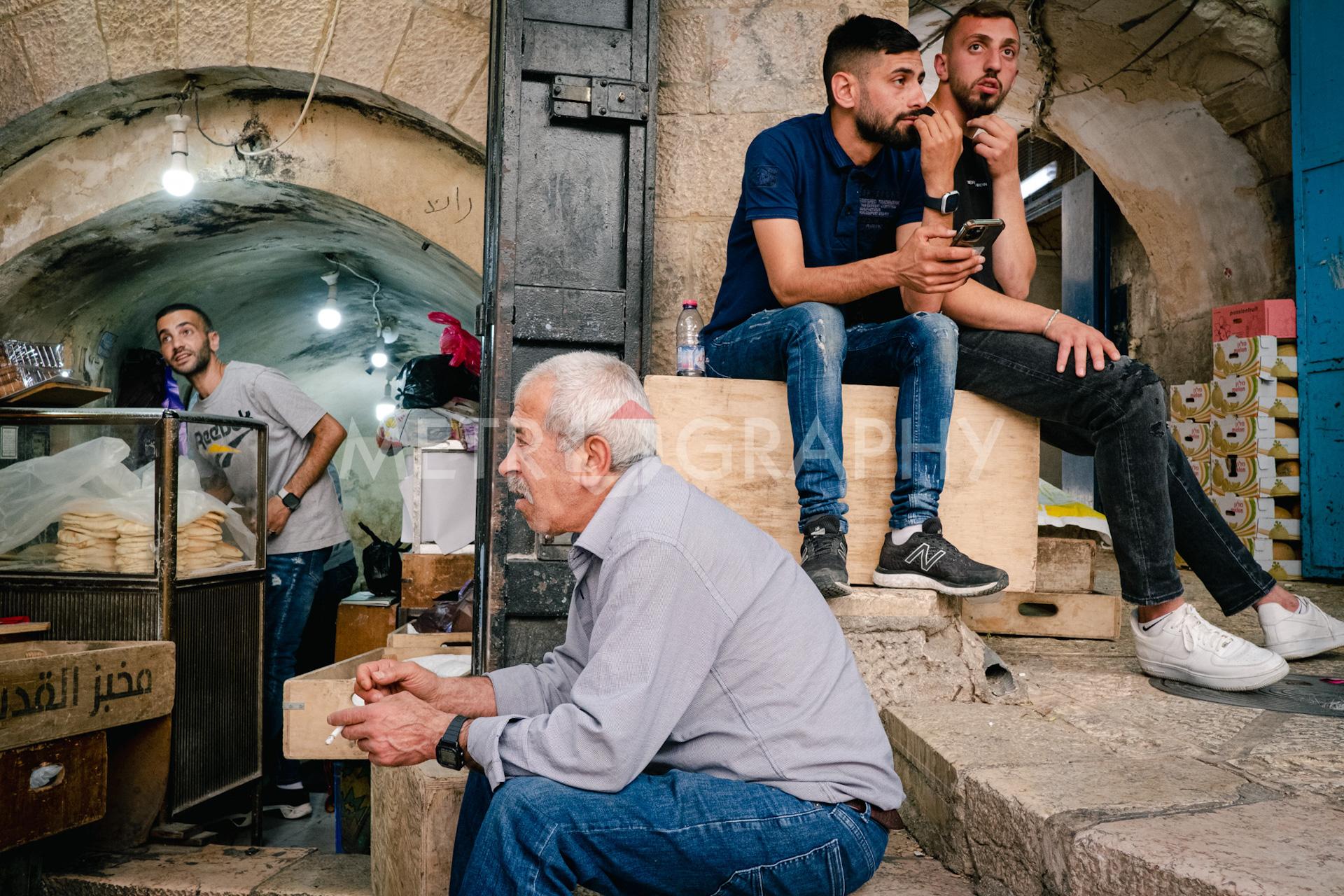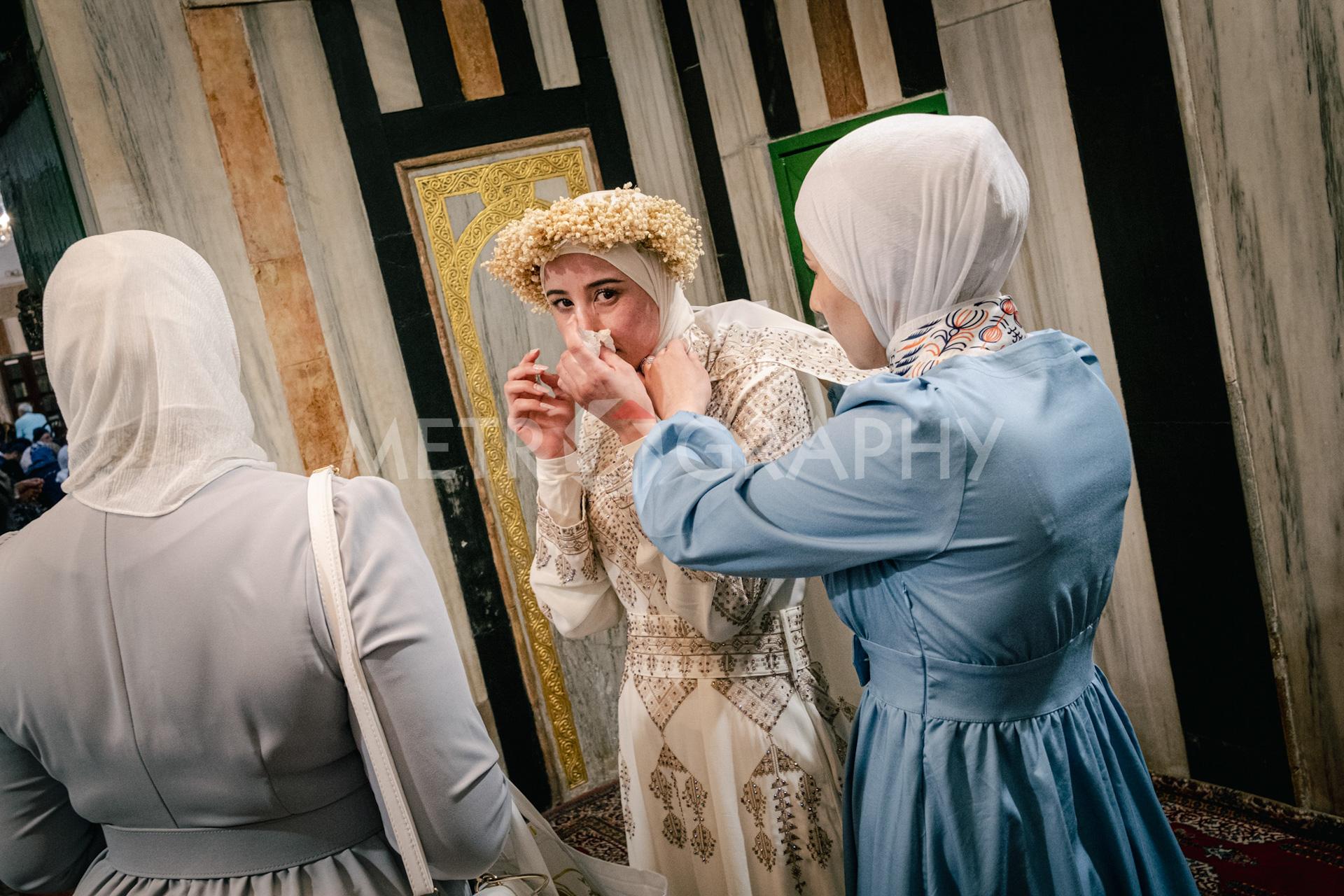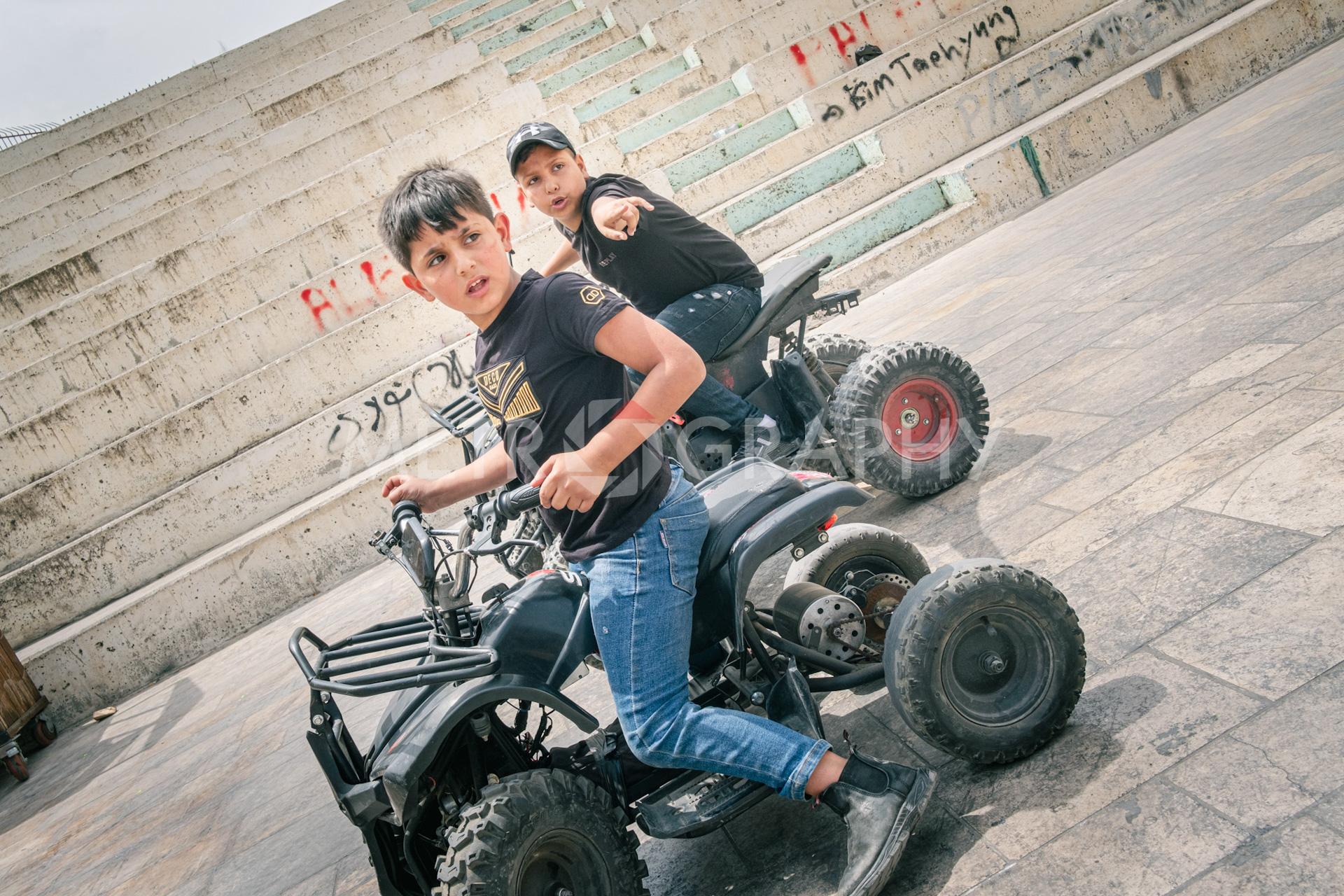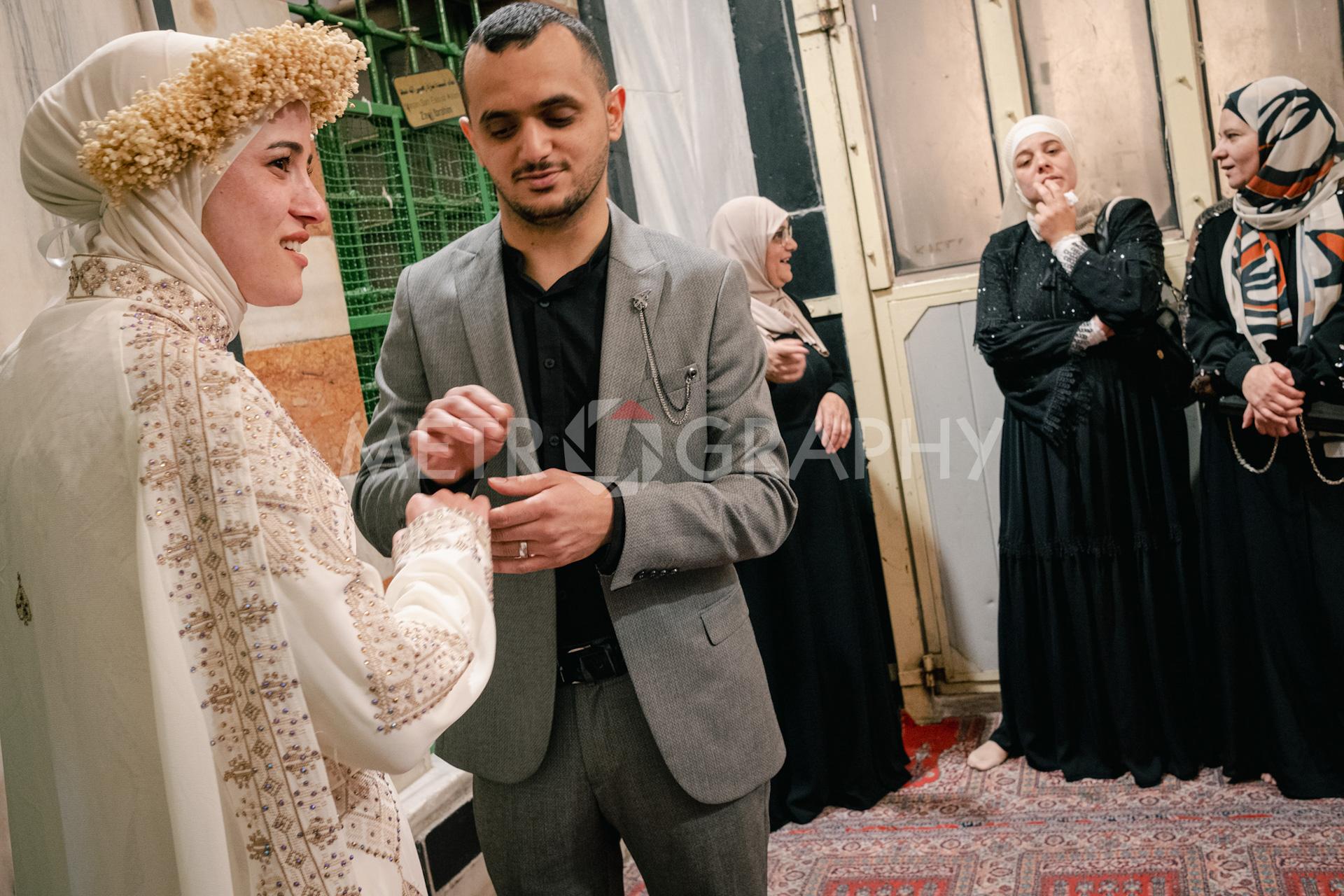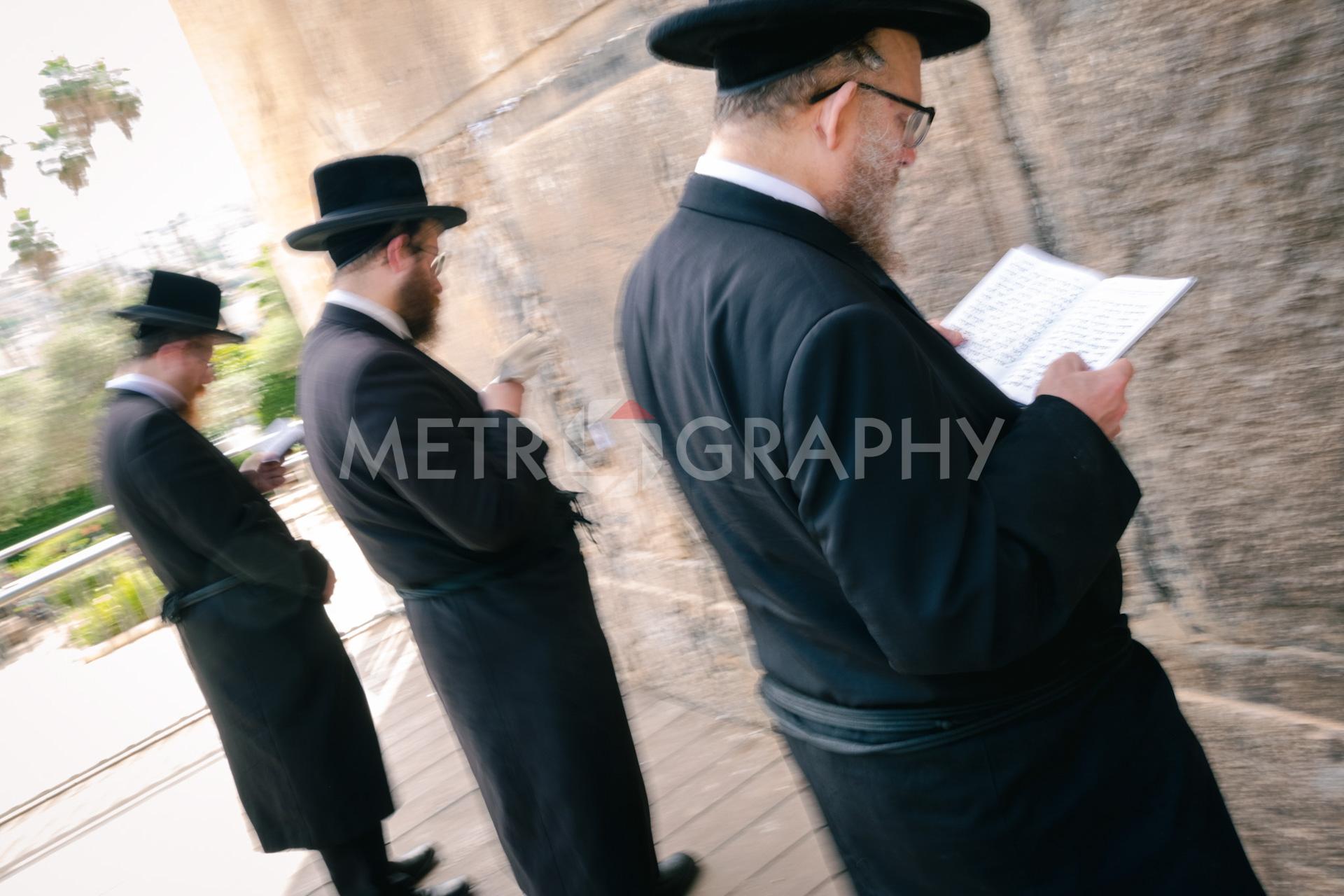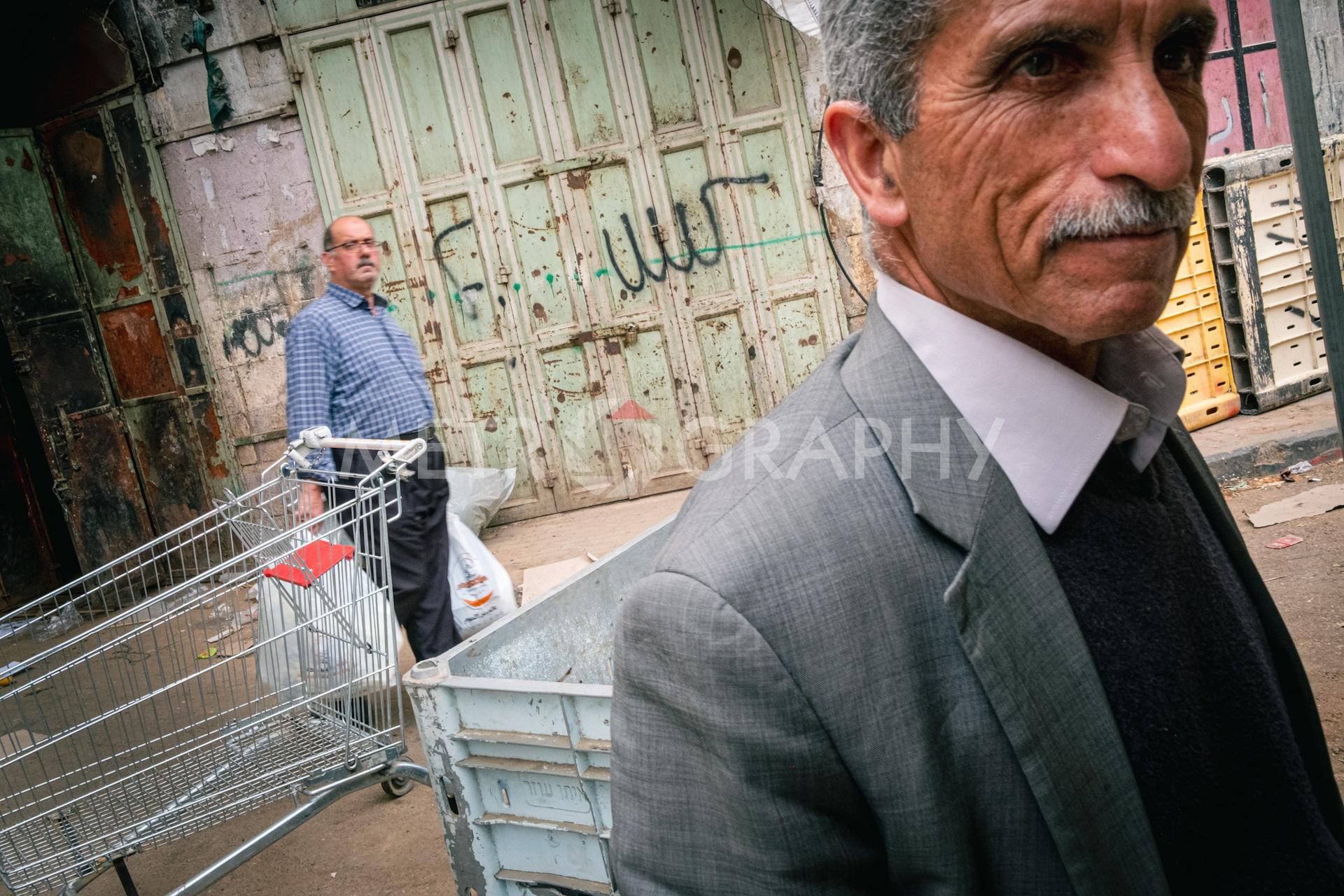“Most Americans know the US has some relationship with Israel but most likely know little of Israel and will never visit. It is also unlikely they realize we provide more than 10% of Israel’s military spending annually – with commitments increasing. While this is no reason to halt such funding, it may represent the blind support granted to Israel. While I expected my recent visit to provide some insight into relations between Israel, Palestine, and my own country, I found a mixture of experiences building empathy for people on both sides while confirming the situation’s complexity.
Jerusalem is a city of contrast, and it didn’t disappoint. At the Western Wall, amidst whispered prayers and deep meditation, an IDF induction ceremony enveloped most of the Temple Mount. Seekers of solace backdropped by a sea of youth in green fatigues tossing around automatic weapons – a deeper juxtaposition of history’s weight and a nation’s radical stirrings. Supporting the city is a quiet infrastructure of Palestinians, some traveling from Hebron to live in shipping containers (that appear to lock from the outside), who construct a country that sometimes destroys their own.
Crossing into the West Bank is to enter a world marked by checkpoints, barriers, and a deep sense of separation. Between Al Arroub refugee camp and Israeli watchtowers, children ride four-wheelers – bringing a sense of normalcy to what feels like a liminal space.
Hotly-contested Hebron hosts parades of IDF soldiers near the Tomb of the Patriarchs – a point of cultural maintenance for both Palestinians and Israelis, a site for everything from routine prayer to weddings. In a deserted UN-funded marketplace outside al-Ibrahimi Mosque (that failed to develop the city’s economy), Palestinian kids yell at Israeli watchtowers and tell tourists their tattoos are haram. Mesh nets rest over the top of the market, and Palestinians claim Israeli settlers threw trash from above. The settlers claim Palestinians did it first. Though small-scale, such interactions can escalate to violence in Hebron and have.
To choose a side in this place is to simplify a deeply intricate geopolitical situation and ignore the lives, hopes, and struggles of those living in the region. Israel and Palestine represent a struggle for agency and control that most can relate to. Perhaps it is only through recognition of and empathy for those facing that struggle that the region can find stability”, says photographer Eric Floor.
Photos: Eric Flood/Metrography

